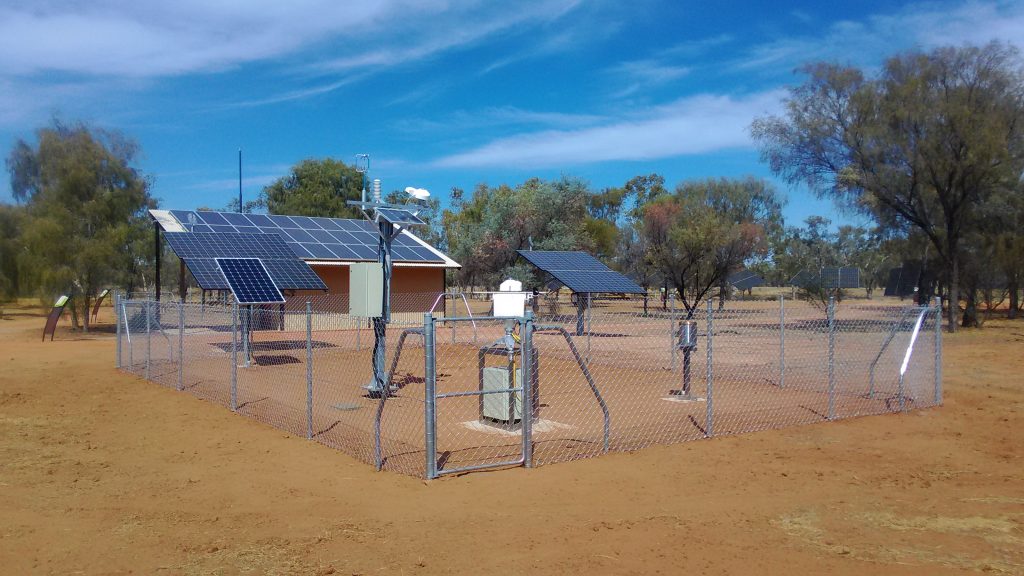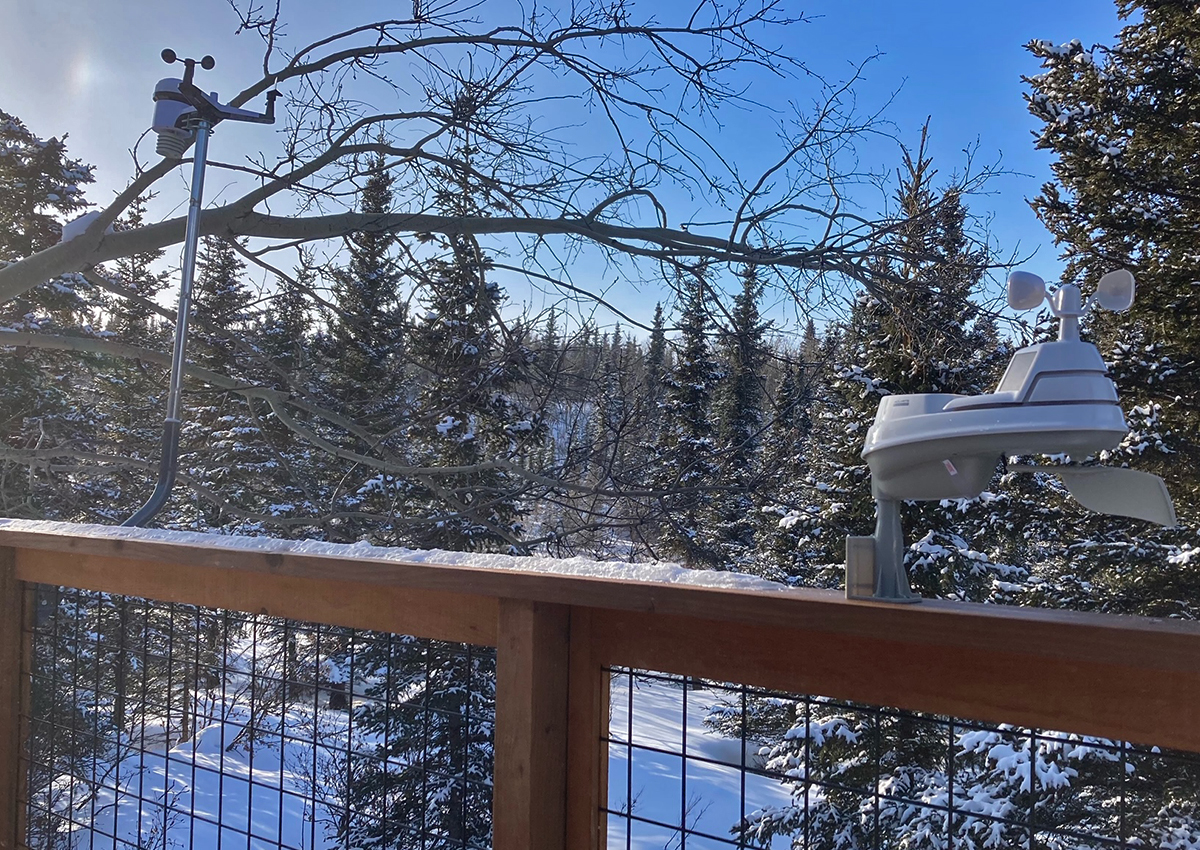Revealing the Relevance of Using a Professional Weather Condition Station in Different Industries
In the world of numerous industries, the application of an expert weather condition terminal stands as a vital element in operational structures. The value of accurate weather condition information prolongs beyond simple atmospheric attraction; it represents a cornerstone for notified decision-making processes. Nonetheless, the implications of using an expert weather condition terminal go beyond the surface level of information collection. By delving into its complex effect on safety and security procedures, operational effectiveness, source monitoring, and industry-specific tracking methods, a much deeper understanding emerges of the crucial role such modern technology plays fit the landscape of varied markets (Weather Stations).
Enhancing Decision-Making With Accurate Data
Enhancing decision-making in industries is greatly helped with by the utilization of exact information acquired from expert weather condition terminals. Trusted weather condition details is critical for numerous fields, including farming, power, transport, and construction. By including data from specialist weather condition terminals right into their decision-making processes, markets can make enlightened choices that favorably affect their procedures.

Improving Precaution and Preventative Measures

Moreover, specialist climate terminals give in-depth understandings right into different meteorological parameters like temperature, humidity, wind speed, and rainfall levels. Overall, incorporating data from specialist weather condition stations equips industries to prioritize safety and security and preemptively address weather-related risks, protecting both employees and possessions.
Boosting Operational Performance and Performance
To optimize operational processes and make the most of outcome levels in commercial setups, a critical application of data-driven understandings and streamlined operations is extremely important. Expert weather terminals play a crucial role in improving operational efficiency and efficiency throughout various sectors. By providing exact and real-time climate information, these stations make it possible for companies to make informed choices that can positively affect their operations.
One significant means climate stations add to enhancing functional effectiveness is by assisting in resource monitoring. With precise weather report, markets can better allocate sources such as manpower, products, and equipment. Knowing in advancement concerning an approaching tornado can aid organizations readjust their timetables, guaranteeing the safety of employees and stopping expensive hold-ups.
In addition, expert climate stations aid enhance energy usage. By keeping an eye on climate condition like temperature, wind rate, and sunshine degrees, industries can readjust their energy intake patterns as necessary. This not only leads to set you back financial savings yet also reduces the environmental impact of extreme energy use. Generally, integrating a specialist weather condition station right into commercial operations can result in smoother operations, increased performance, and inevitably, boosted earnings.
Optimizing Resource Administration and Planning


Professional climate stations play a critical role in maximizing source management and planning within commercial operations by providing vital real-time data insights. By accurately checking climate condition such as temperature, humidity, wind speed, and precipitation levels, these weather stations allow industries to make educated decisions relating to source appropriation and preparation. For example, in farming, real-time climate data assists farmers determine the optimum timing for growing, watering, and harvesting tasks, leading to improved plant yields and resource performance. In the energy industry, professional climate terminals help in projecting wind patterns for wind farms, permitting far better usage of wind energy resources. Additionally, in building, keeping track of weather can help in organizing exterior jobs properly, lessening delays because of unfavorable climate. On the whole, the accurate data given by expert weather terminals empowers sectors to simplify their source administration helpful site methods, boost operational effectiveness, and inevitably enhance their bottom line.
Making Certain Industry-Specific Weather Condition Tracking
Ensuring specific and customized weather tracking solutions for diverse industrial markets is vital for maximizing functional procedures and minimizing weather-related dangers. Various industries have one-of-a-kind weather level of sensitivities that can substantially influence their procedures. In farming, monitoring rainfall, temperature, and humidity is important for plant monitoring and illness prevention. The aeronautics field counts on accurate wind rate and direction data for risk-free take-offs and landings. Building companies require real-time weather updates to arrange outdoor projects successfully and make sure worker safety.
Retailers track weather condition patterns to change supply levels based on expected demand modifications driven by weather problems. By spending in expert weather stations created for industry-specific needs, businesses can remain in advance of weather difficulties and make informed choices to guard their procedures.
Conclusion
In conclusion, making use of a professional weather condition terminal in various industries is critical for enhancing decision-making, boosting safety and security measures, improving functional effectiveness, enhancing source management, and guaranteeing industry-specific climate surveillance. By making use of reputable and accurate data given by a professional climate station, sectors can make informed choices, alleviate threats, and take full advantage of efficiency. It is essential for business to buy expert weather terminals to remain in advance of the contour and maintain an one-upmanship in today's rapidly transforming environment.
By making use of a specialist weather condition next page terminal, markets can improve their capacity to keep an eye on weather condition conditions properly, permitting for proactive safety and security procedures. By accurately keeping track of weather condition conditions such as temperature level, moisture, wind speed, and rainfall levels, these weather stations enable dig this industries to make educated decisions concerning resource appropriation and planning - Weather Stations. In building and construction, keeping an eye on weather condition conditions can help in scheduling outdoor tasks efficiently, lessening hold-ups due to adverse weather. By spending in specialist climate stations created for industry-specific requirements, organizations can remain ahead of weather condition obstacles and make informed decisions to guard their operations
In conclusion, the usage of a professional climate terminal in different sectors is essential for enhancing decision-making, enhancing safety measures, enhancing operational performance, optimizing resource management, and guaranteeing industry-specific climate monitoring.